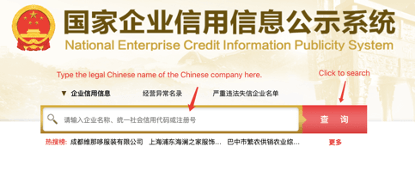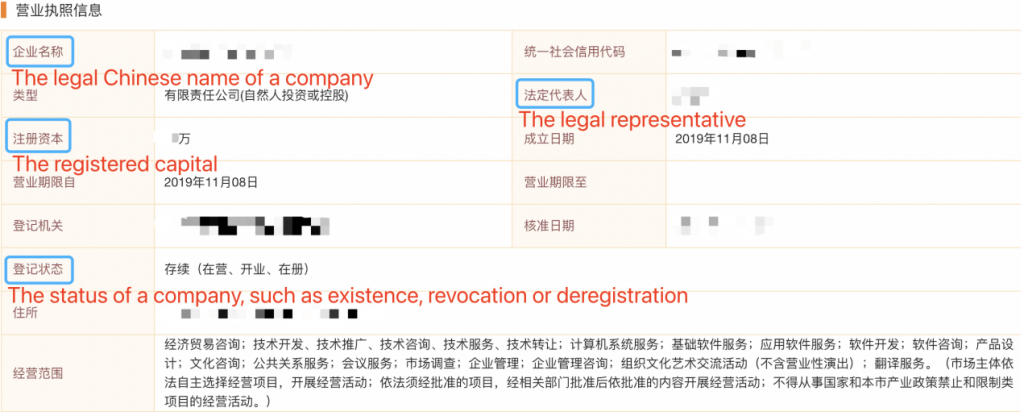
You should avoid dealing with a company in suspension, revocation, liquidation or deregistration because it is incapable of performing contracts. Otherwise, you will be exposed to substantial losses and probably fail to claim damages from such a company.
This post was first published in CJO GLOBAL, which is committed to providing consulting services in China-related cross-border trade risk management and debt collection.
1. Why does the status of a Chinese company matter?
A Chinese company in deregistration is legally “dead”. If you deal with such a dead company, obviously you are caught up in a scam.
A Chinese company in suspension is dealing with few if any companies, at least in China. Even if it signs a contract with you, it cannot get the resources from its supply chain to perform that contract.
A Chinese company in revocation is legally sentenced to “death” by Chinese law enforcement authorities. At this point, it is obviously unable to legally deal with you. In fact, the only thing it can do is liquidation and deregistration.
In short, you can only deal with a Chinese company in “legit” status.
2. How to find the status of a Chinese company?
You can search for information about the enterprise in China’s National Enterprise Credit Information Publicity System.
This is a website of the State Administration for Market Regulation of China, available at: http://www.gsxt.gov.cn/index.html.
The Administration for Market Regulation is the registration authority for Chinese enterprises. Therefore, this system is the most authoritative platform to verify the legal status of Chinese enterprises.
The website is available in the Chinese language and you can visit it outside China.
You need to paste the legal Chinese name of the Chinese company in the search box, and then click “Search”. See the picture below:

If you can’t find the company here, either the company doesn’t exist, or its current legal name is not what you type in. In short, this means that the company in this name doesn’t exist.
If you can find the company, you can know its status, such as existence, revocation, or deregistration. See the picture below:

Of course, if you find this operation too troublesome, you can always entrust us to do this for you and we won’t charge any fee for such work. For our China company verification services, please click HERE.
3. Which status of a Chinese company is legit?
Chinese company registration status is divided into the following types: existence, revocation, deregistration, moving in, moving out, suspension, and liquidation. Terms for company registration status vary slightly from place to place, but they are generally the same.
Except for existence, all others are abnormal operating status.
You should try to avoid doing business with companies in abnormal operating status.
For a more detailed introduction to the status of a Chinese company, please read an earlier post ‘Which Status of a Chinese Company Is Legit?’.
The Cross-border Trade Dispute 101 Series (‘CTD 101 Series’) provides an introduction to China-related cross-border trade dispute, and covers the knowledge essential to cross-border trade dispute resolution and debt collection.
* * *
Do you need support in cross-border trade and debt collection?
CJO Global's team can provide you with China-related cross-border trade risk management and debt collection services, including:
(1) Trade Dispute Resolution
(2) Debt Collection
(3) Judgments and Awards Collection
(4) Anti-Counterfeiting & IP Protection
(5) Company Verification and Due Diligence
(6) Trade Contract Drafting and Review
If you need our services, or if you wish to share your story, you can contact our Client Manager Susan Li (susan.li@yuanddu.com).
If you want to know more about CJO Global, please click here.
If you want to know more about CJO Global services, please click here.
If you wish to read more CJO Global posts, please click here.
Photo by Shengpengpeng Cai on Unsplash
Contributors: Meng Yu 余萌






